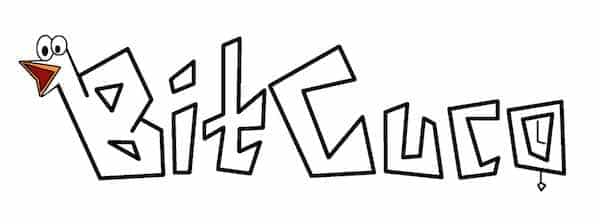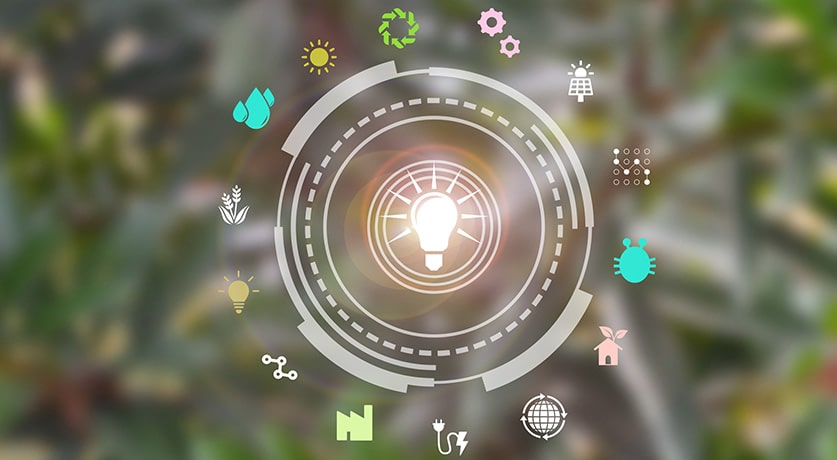
The Internet of Things (IoT) has become one of the most significant technological advances of the 21st century because IoT-enabled devices have the potential to revolutionise the way we live, work, and interact with our surroundings. One of the key components of IoT devices is the chipset, which enables the devices to connect to the internet and exchange data. In this blog post, we will explore the endless possibilities that unlocking IoT chipsets can bring to our planet.
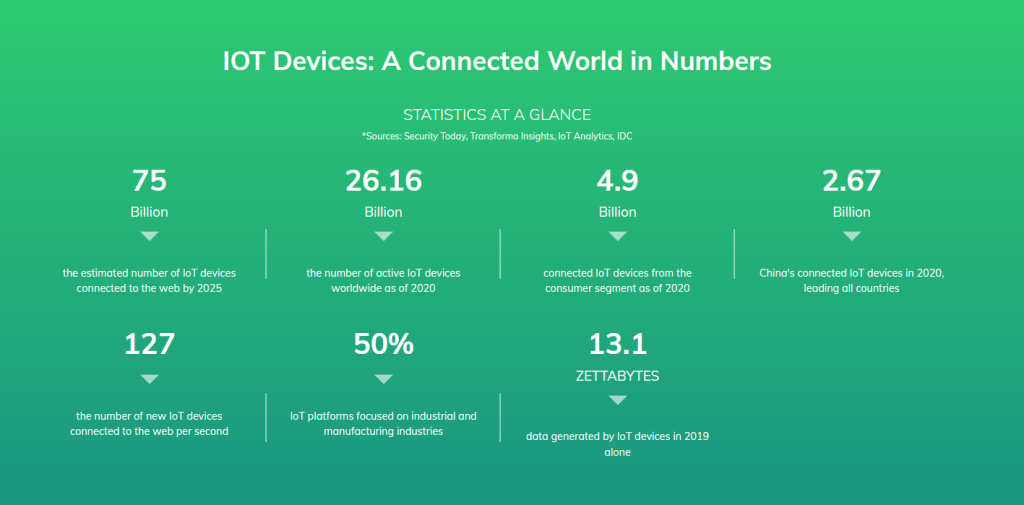
Contents
What Are IoT Chipsets?
IoT chipsets are integrated circuits that enable IoT devices to connect to the internet. They are designed to be low-power, compact, and cost-effective, making them ideal for use in a wide range of applications. IoT chipsets typically include a microcontroller, wireless connectivity options, and sensors for data collection. With the help of these components, IoT devices can collect and transmit data, interact with other devices, and perform a range of tasks that can benefit individuals and society as a whole.
IoT in Business
With the help of IoT connectivity experts like melita.io, businesses can reduce costs, increase productivity, and deliver better customer experiences. Additionally, IoT can enable new business models and revenue streams, such as subscription-based services or predictive maintenance contracts.
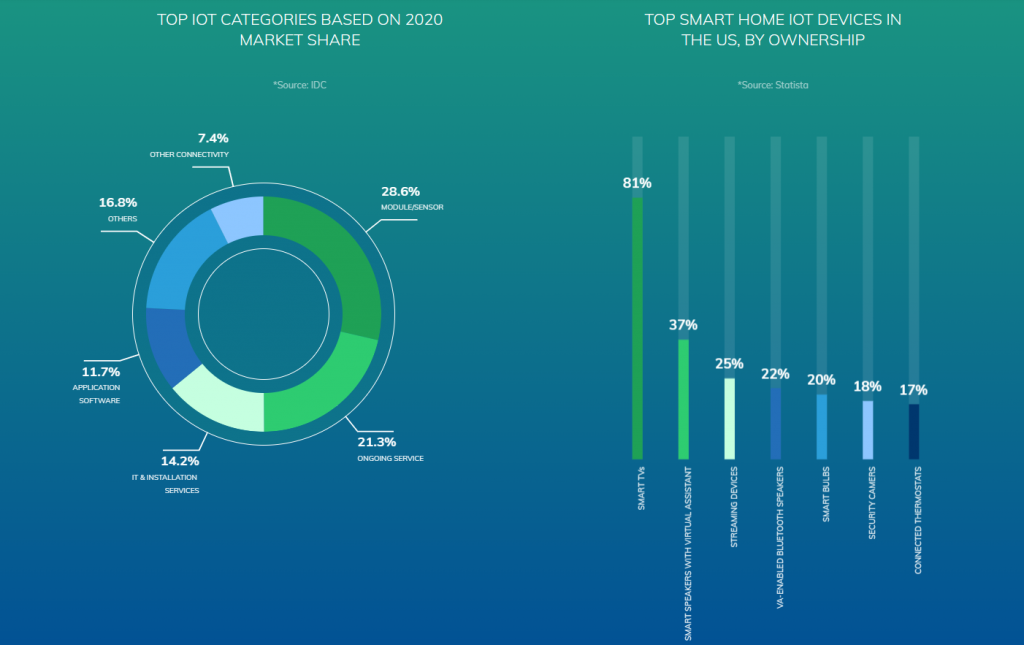
The Internet of Things (IoT) has become a game-changer for businesses across industries, enabling them to transform their operations and improve efficiency. IoT-enabled devices and sensors can collect and transmit real-time data on a wide range of parameters, including inventory levels, machine performance, and even customer behaviour. This data can then be analysed using machine learning algorithms, providing insights that can inform decision-making and help companies optimise their processes.
Improving Our Planet with IoT Chipsets
The potential for IoT chipsets to improve our planet is vast, as these technologies can be applied across a wide range of industries and use cases. IoT systems can be used to improve waste management, reduce carbon emissions, and support disaster response efforts, and can help cities reduce waste and increase recycling rates. These systems can monitor waste levels in different waste receptacles, optimising waste collection routes to reduce fuel consumption and greenhouse gas emissions.
Additionally, IoT sensors can be used to detect leaks and other issues in water and gas pipelines, enabling quick response times and reducing the risk of environmental damage. IoT devices can also support disaster response efforts by providing real-time data on weather patterns, natural disasters, and emergency response efforts. For example, IoT-enabled drones can be used to survey disaster areas, providing critical information on infrastructure damage, flooding, and other hazards.
IoT Chipsets Can Help Protect the Environment
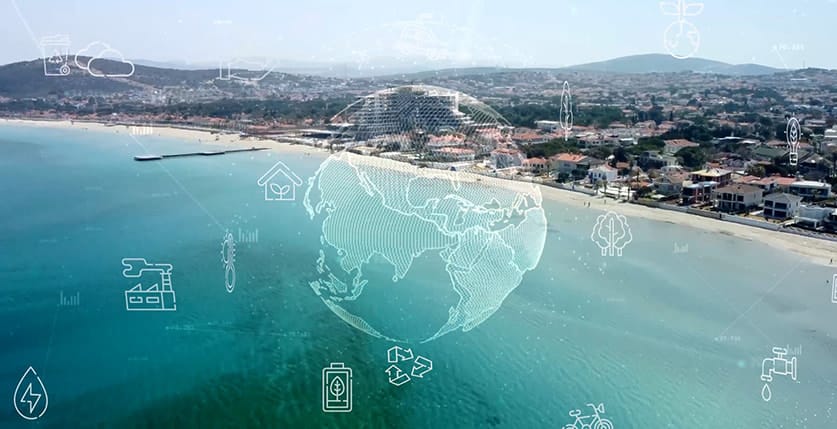
Not only can IoT devices help improve our planet, but they can also be used to protect the environment by monitoring air and water quality, detecting pollution, and tracking wildlife populations. For example, IoT-enabled sensors can be used to monitor air quality in urban areas, detecting high levels of pollutants and triggering alerts to encourage people to take action. Similarly, IoT-enabled sensors can be used to monitor water quality in rivers and oceans, detecting the presence of harmful contaminants and helping to protect marine life. By harnessing the power of IoT chipsets, we can create a more sustainable and healthy environment for ourselves and future generations.
Improvements in Healthcare
IoT chipsets are also transforming the healthcare industry, enabling new ways of monitoring patient health, improving diagnosis and treatment, and enhancing the overall patient experience. By collecting and analysing real-time data on patient health, IoT devices are creating new opportunities for personalised medicine and more effective healthcare delivery. One of the most significant benefits of IoT technology in healthcare is its ability to support remote patient monitoring. IoT-enabled sensors and wearables can collect data on patient vital signs, activity levels, and other health parameters, transmitting this data to healthcare providers in real-time. This enables healthcare providers to monitor patients remotely, identifying potential health issues before they become serious, and providing timely interventions as needed.
IoT in Agriculture
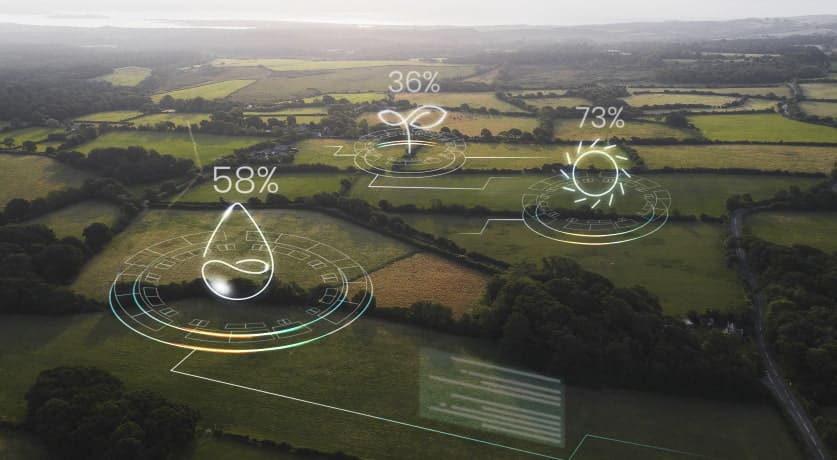
One of the key benefits of IoT in agriculture is its ability to enable precision farming. Precision farming involves using data analytics and real-time information to optimise crop yields, reduce waste, and minimise environmental impact. IoT-enabled sensors can be used to monitor soil moisture, temperature, and nutrient levels, as well as weather conditions and other factors that impact crop growth. By collecting and analysing this data, farmers can make more informed decisions about when to plant, fertilise, and harvest their crops. Similarly, IoT-enabled devices can also be used to monitor the health and well-being of livestock. Sensors can collect data on animal activity levels, temperature, and other vital signs, providing farmers with real-time information on the health and welfare of their animals.
IoT chipsets are a crucial component of IoT devices, enabling them to connect to the internet and exchange data. By unlocking the potential of IoT chipsets, we can create a more sustainable, efficient, and connected world. The applications of IoT chipsets are vast, and they have the potential to improve our planet in numerous ways. From reducing water consumption in agriculture to optimising energy consumption in buildings, the possibilities are endless. It’s up to us to harness the power of IoT chipsets to create a better future for ourselves and generations to come.
